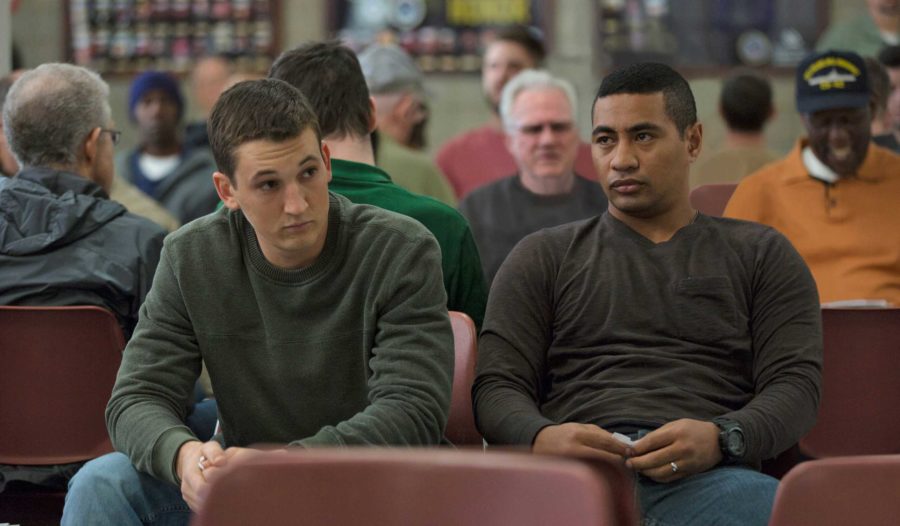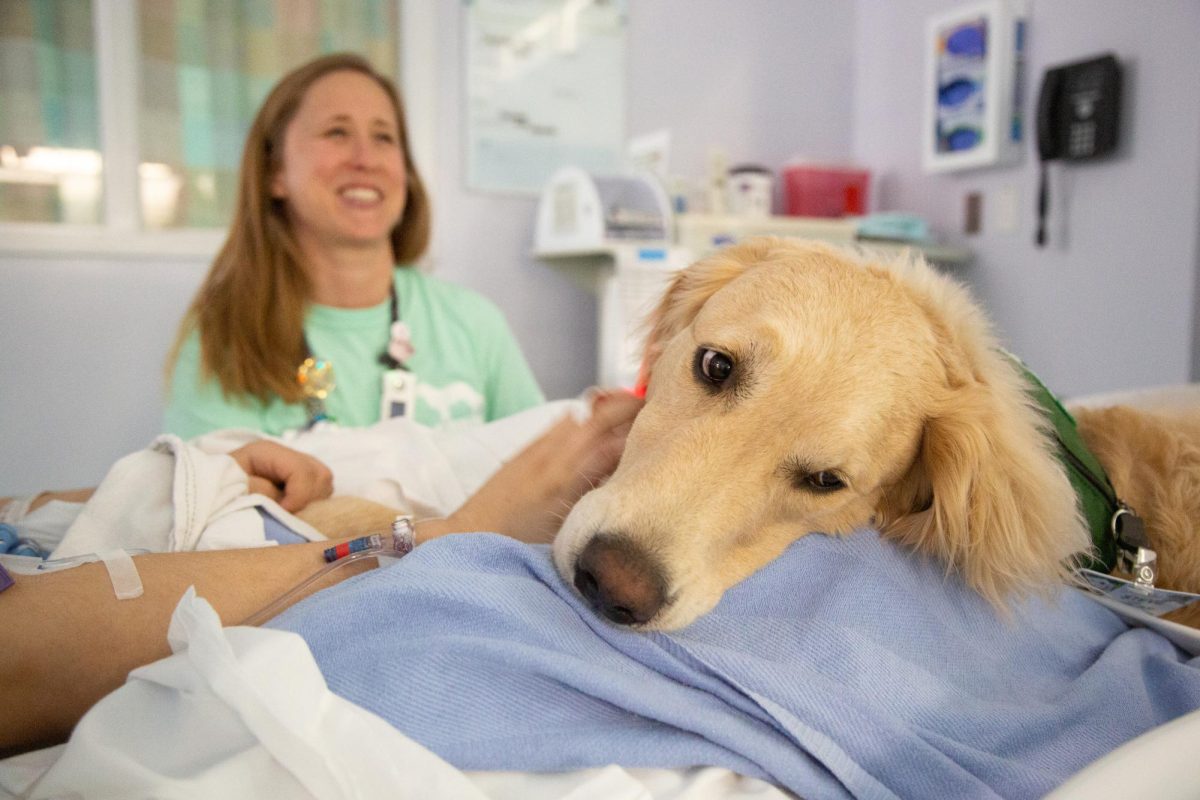“Thank You for Your Service” is based off the true story of Adam Schumann. Miles Teller plays Schumann, a soldier who comes back home after fighting in the Iraq war. Schumann tries to adjust to the changes of going from a war to living at home with his wife and child.
In a roundtable interview, director Jason Hall, Teller and Schumann answered questions about the making of the film.
What were the challenges of making this film?
Hall: “You have to have a very fine touch, and we were all aware of that going in. We are aware of the fact that if you are a fraction of its cliche or its stereotype or you end up misrepresenting these men and women who had a ton of honor and made a huge sacrifice, and that was not out intention. Even in the last two years, we have seen films try and do this and it’s a tough subject matter. But it’s also a subject matter that we felt needed to be told. It wasn’t easy cracking it. It was probably the hardest script I have ever written. It was absolutely a challenge on every level, but we tackled it with our team and with the right support from the studio.”
Teller: “For me, my job was to tell Adam’s story so I understood what this film could mean socially and nationally. We were surrounded by a lot of guys and resources. We had military advisors, and they put us through boot camp to make sure that we at least got a taste physically and mentally of what all of these characters would have experienced before they served. My job was to really get into Adam’s skin and to try and tell his story as honestly as possible. Adam represents hundreds of thousands and millions of veterans that have experienced trauma.”
What is the benefit for you (Adam) for going through this process?
Schumann: “It has been a long therapy session. In David, I was lucky to have him because when I was removed from combat, I left my unit. I left my brothers there and they were still there, and I was sitting at home making pancakes. David comes into my life after the first book and wants to make a second one about things that are going on. I could talk to him and unload a lot of this baggage that I was carrying around. To then see it on screen, I can look back as a barometer or measurement of success to who I was then, what I cam home to and where I am at now. Anytime I have a bad day, I can flip on “Thank You for Your Service” and sit back and say ‘Wow, that was long time ago and pretty messed up and today is not so bad.’ I have basically fallen in love with everyone that’s worked on this because they are so genuine. I now have a new sense of community.”
Where does this movie get aspects of military life right that maybe others don’t?
Schumann: “Not necessarily military life because we only have a couple of those scenes of actual military life. But when you come home and you’re isolated and you are sitting on the couch with your wife watching TV but in your head, you are carrying someone off a roof. You feel like a failure because you were sent home. You are everywhere at once, but it’s such a mess. This movie captures all of that and Miles you could see all of that stuff going on it just made it so more real and true to life. Even what your spouse is dealing with – you come back and she was taking the load. She was paying the bills, making the mortgage payments, being with the kids and you come back and it’s this integration process and it was absolutely masterfully captured.”
How did you feel when you first heard Miles Teller was going to be playing your story out?
Schumann: “First, I told Jason if its not Brad Pitt, I’m not signing. No, Miles is Miles. He is amazing at what he does. I kept a neutral stance when I first met him. He cracked me open like a book and flipped through every page and read every word in detail about me. He asked all the right questions and I felt good around him.”
How did you (Teller) prepare mentally to play such a serious role?
Teller: “It’s a lot. These guys are experiencing things that as civilians we can’t. I start by empathizing with the character and then I’m just naturally a curious person and those two things continue to drive me but with this one, there was an added layer of respect and wanting to get it right. Some of my closest friends are military guys and I know how much pride they have in wearing that uniform.”
How did it feel coming back knowing things have changed?
Schumann: “You don’t realize things have changed until you are in that moment. You left with a version of your life in your mind and you haven’t seen it since you left. You don’t come home to the same woman you left and you don’t come home to the same kids. The great thing Jason did was relay the fact that you don’t know what’s changed. You throw some chocolate chips on a pancake; the next thing you know, you start getting mad at yourself because you missed a year of the love of your family.”
How did you and the other actors get the chemistry needed to play soldiers who fought together?
Teller: I had a ton of experience as an actor, and the guy who plays Solo it was his first feature film. They all stripped that away when we all got to the boot camp and it was five days of really intense training and mental exhausting. I think personally, as far as cast rehearsals go and bonding, it’s way better then going to a sushi dinner. When you go through collective suffering and you really need to rely on this person left and right of you and when they are not picking up the slack then they are making it worse for everyone. We created a community and a brotherhood and a real feeling of responsibility for that other person. This is something you don’t get by just sitting and talking to a person.”





